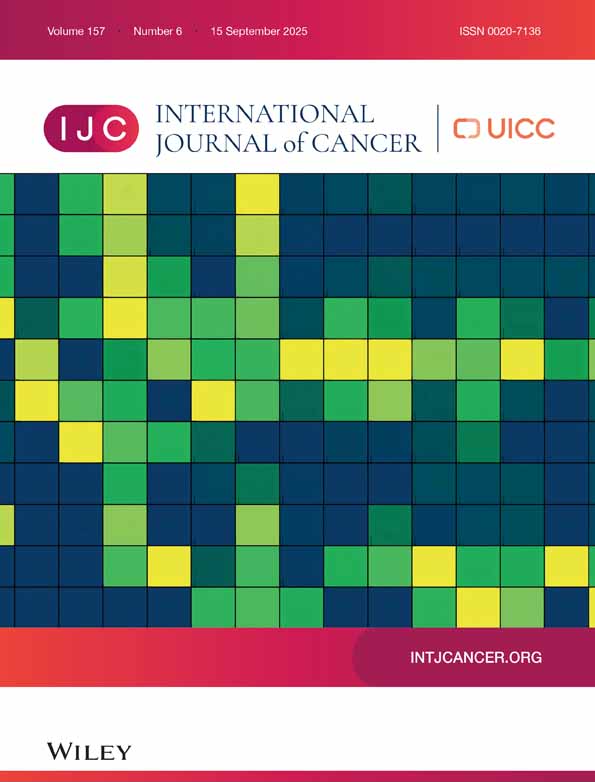Population based study of coffee, alcohol and tobacco use and risk of ovarian cancer
Abstract
Coffee, alcohol and tobacco use have been examined in many epidemiologic studies of ovarian cancer but findings have generally been inconclusive. To explain prior inconsistent findings, we sought to determine whether associations with these exposures might vary by histologic subtype of ovarian cancer or menopausal status at diagnosis. We conducted a population-based case-control study in eastern Massachusetts and New Hampshire involving 549 women with newly-diagnosed epithelial ovarian cancer and 516 control women selected either by random digit dialing or through lists of residents. Coffee and alcohol consumption was assessed through a semi-quantitative food-frequency questionnaire, and information on tobacco smoking was collected through personal interview. Consumption of coffee and caffeine was associated with increased risk for ovarian cancer but only among premenopausal women. There was no increase in risk for ovarian cancer overall associated with tobacco or alcohol use in either pre- or post-menopausal women. Association of borderline significance for tobacco and invasive serous cancers and alcohol and mucinous cancers were observed but reduced after adjustment for coffee consumption. We conclude that coffee and caffeine consumption may increase risk for ovarian cancer among premenopausal women and are findings that have some epidemiologic and biologic support. Int. J. Cancer 88:313–318, 2000. © 2000 Wiley-Liss, Inc.




